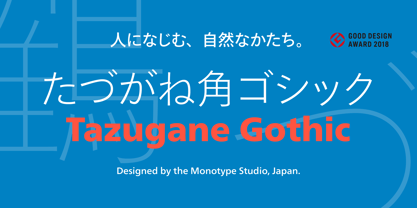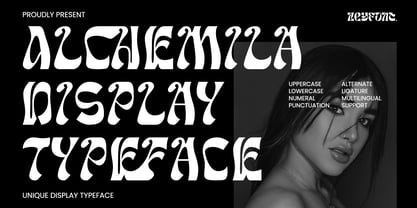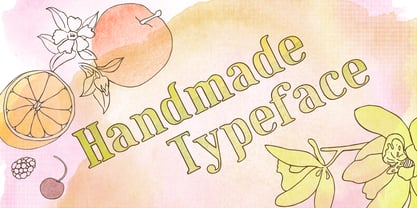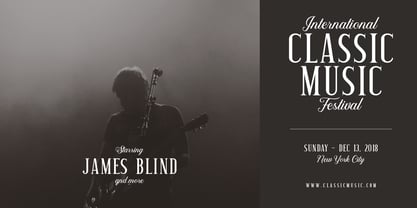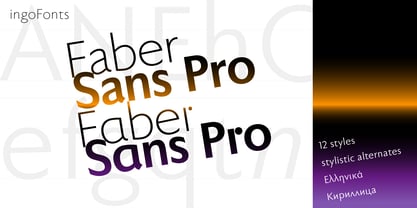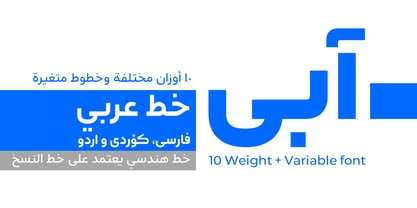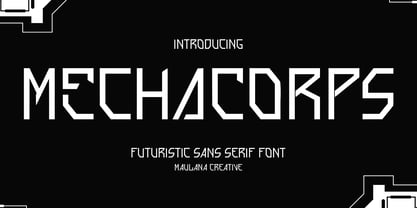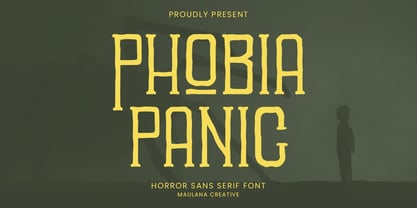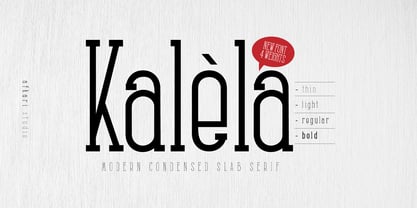10,000 search results
(0.027 seconds)
- DancingSuperserif - 100% free
- Barber shop - Unknown license
- Penelope - Unknown license
- Das Reicht Gut Regular - Unknown license
- Smartie CAPS - Personal use only
- Gravicon - Unknown license
- NotMaryKate - 100% free
- Corporate HQ - Unknown license
- Thiamine - Unknown license
- ARG219am - 100% free
- Idolwild - Unknown license
- Covington - Unknown license
- GOST type A - Unknown license
- GUNJU - Unknown license
- COnsume - Unknown license
- Torgny.. - Unknown license
- Glyphstream - 100% free
- Action Man Extended - Unknown license
- BJF Hunnybee - Unknown license
- Grunge Serifia - Unknown license
- Corrodated J - Unknown license
- Patient Paige - Personal use only
- Kelan - Unknown license
- Hall Fetica Wide - Unknown license
- CoventryGarden - Unknown license
- lelim 200 - Personal use only
- MDRS-FD01 - Unknown license
- SF Espionage Light - Unknown license
- Amature Circus - Unknown license
- FancyPants - Unknown license
- Tazugane Gothic by Monotype,
$187.99 - Alchemila by Heyfonts,
$18.00 - Maple Street by Okaycat,
$29.00 - Kaylar by Letterhend,
$14.00 - Faber Sans Pro by Ingo,
$42.00 - Cottsmic by Maulana Creative,
$15.00 - Abi by Bohloul Arabic Type Design,
$30.00 - MC Mecha Corps by Maulana Creative,
$18.00 - MC Phobia Panic by Maulana Creative,
$15.00 - Kalela Slab by Afkari Studio,
$10.00






























